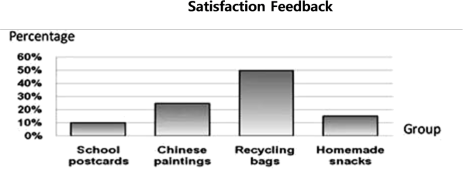Variable Rate vs Fixed Rate Student Loans: Which is Right for You?
When it comes to financing your education, understanding the differences between variable rate vs fixed rate student loans is crucial. Choosing the right ty……
When it comes to financing your education, understanding the differences between variable rate vs fixed rate student loans is crucial. Choosing the right type of loan can significantly impact your financial future, so let’s break down the pros and cons of each option to help you make an informed decision.
### What Are Variable Rate Student Loans?
Variable rate student loans have interest rates that fluctuate over time, typically tied to a specific benchmark rate, such as the LIBOR or the prime rate. This means that your monthly payments can change based on market conditions. Initially, these loans often come with lower interest rates compared to fixed-rate loans, which can make them an attractive option for many borrowers.
#### Pros of Variable Rate Student Loans:
1. **Lower Initial Rates**: Many borrowers are drawn to variable rate loans because they usually offer lower initial interest rates. This can lead to lower monthly payments in the beginning.
2. **Potential for Decreasing Payments**: If interest rates remain low or decrease over time, your payments could also decrease, allowing you to save money in the long run.
#### Cons of Variable Rate Student Loans:

1. **Uncertainty**: The biggest drawback is the unpredictability of future payments. If interest rates rise, you could end up paying significantly more than you initially anticipated.
2. **Budgeting Challenges**: The fluctuating payments can make budgeting more difficult, especially for recent graduates who may already be navigating a tight financial situation.
### What Are Fixed Rate Student Loans?
In contrast, fixed rate student loans have interest rates that remain constant throughout the life of the loan. This means your monthly payments will not change, providing a sense of stability and predictability.
#### Pros of Fixed Rate Student Loans:

1. **Predictability**: With fixed rates, you know exactly how much you’ll be paying each month, making it easier to budget and plan for the future.
2. **Protection Against Rate Increases**: If you secure a fixed rate loan, you are protected from potential interest rate hikes, which can be a significant advantage in an uncertain economic environment.
#### Cons of Fixed Rate Student Loans:
1. **Higher Initial Rates**: Fixed rate loans often start with higher interest rates than variable rate loans, which can lead to higher initial monthly payments.
2. **Less Flexibility**: If interest rates drop after you’ve taken out a fixed rate loan, you won’t benefit from lower rates unless you refinance.

### Which Option Should You Choose?
Choosing between variable rate vs fixed rate student loans ultimately depends on your financial situation and risk tolerance. If you’re someone who prefers stability and wants to avoid the stress of fluctuating payments, a fixed rate loan may be the better choice for you. On the other hand, if you’re comfortable with some level of risk and are looking to save money upfront, a variable rate loan could be the way to go.
### Conclusion
In summary, understanding the differences between variable rate vs fixed rate student loans is essential for making an informed decision about your education financing. Take the time to weigh the pros and cons of each option, consider your financial situation, and don’t hesitate to consult with a financial advisor if needed. The right choice can make a significant difference in your financial future, so choose wisely!